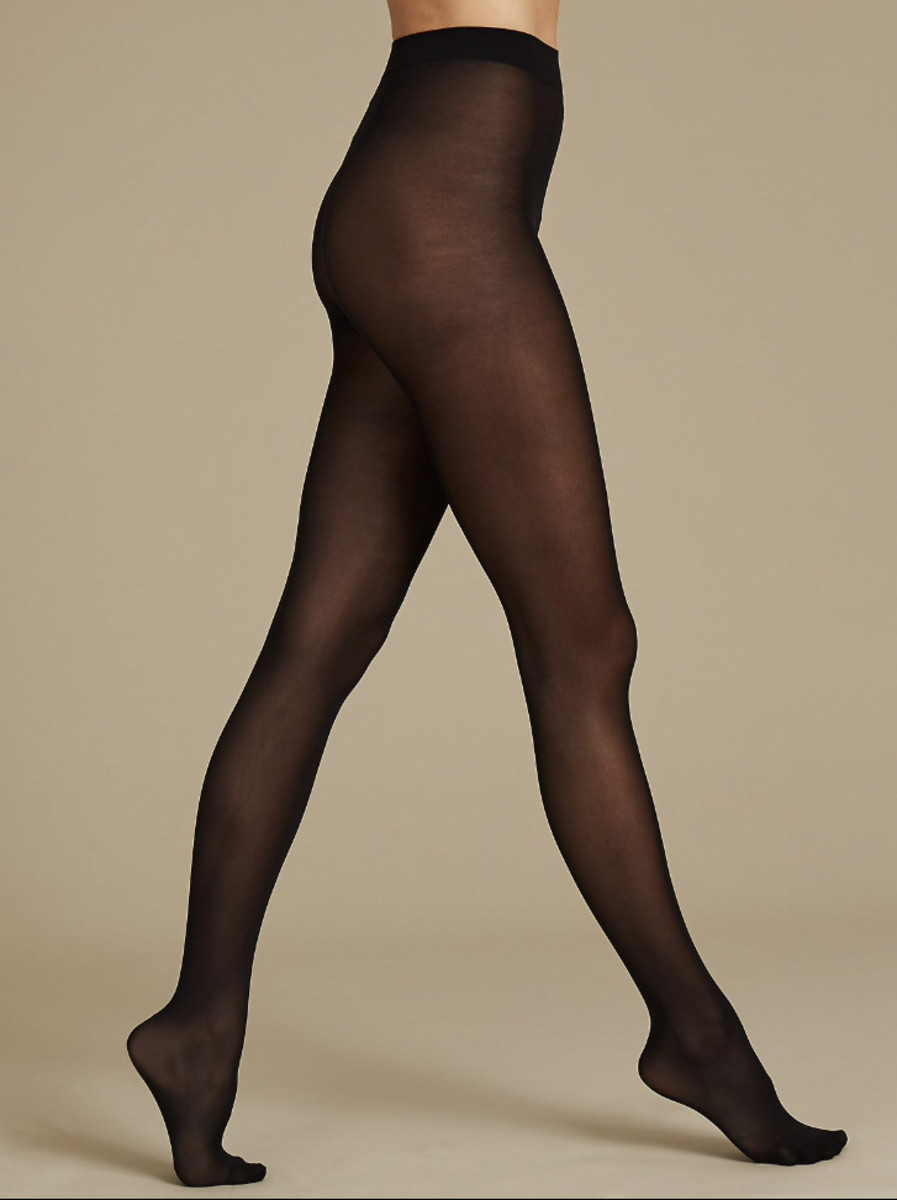Philosophy of Fashion
How Is Style Different from Fashion?






For all spheres of human activity, there are those who are free and there are those who are in chains. We all understand what it means to be in literal captivity and most of us understand spiritual captivity, when it is our will and not our bodies that are kept from freedom. The will is just the motive force, to doing-this or doing-that, removable only by head or spinal trauma, surgery and sleep. It is our thoughts that move the will to its doings. When we think for ourselves, we are free. When others think for us, we cannot be free.
The wearing of clothes is a field of human activity, one engaged in every day. "Not the nudists!" you may say, but the refusal to wear clothes is as much a choice of how to present the body as to not wear clothes. What is generally called fashion, then, is the area of human activity concerned with the presentation of the body, i.e. with appearance.
One may think about what one wears or one may not. If thinking for oneself is freedom, then one cannot be free unless one thinks for oneself about what to wear. Everyone deliberates, but not all deliberation is thinking for oneself. Deliberation is the bare minimum of choosing. With deliberation one decides upon one course of action or another. But if the principles from which one deliberates are from someone else, the conclusions one reaches are not one's own; one's thinking is being done by another.
The fashion industry manufactures more than clothing. It manufactures principles. It tells you not what to wear, but what to want to wear. When one wears clothes because they are 'in fashion,' the principle from which one deliberates is from outside oneself. Others have done the thinking. How can you be free when you let the masses tell you what to wear?
On the other hand, there are subcultures that are aggressively anti-fashion. There has never been anything 'in fashion' about the gothic look, the punk look, or even the subcultureless wild costumes young rebels concoct. Insofar as their look derives from the fashion of their subculture, still they are not free, since the mores of the subculture has done the thinking for them. Insofar as their look derives from the intention of rebellion, then they are no more free than the fashion slaves. For if conformity is ever mindlessly saying 'Yes' to whatever is in currency, then rebellion is ever mindlessly saying 'No' to whatever is in currency. Conformity and rebellion are two aspects of the same phenomenon; both have subscribed to a thoughtless and abitrary mechanism for their principle of deliberation.
Thinking for oneself takes no account of what is in fashion. That is not to say the external world has no influence whatsoever. It presents a range of considerations. If it is winter, one doesn't wear sandals; in our modern era, there is little excuse to wear a codpiece or a toga; and it would be unusual, to say the least, to wear an ostentatious halloween costume all year 'round. Thinking for oneself means one is free in what one wears: you wear what you wear because it is what you really want to wear, what you really like, what expresses your tastes, values, interests, and personality, given the general aim: the presentation of the body. To be autonomous in any field of human activity is to originally pursue the end of that field. Since the end of wearing clothes is the presentation of the body, one finds an original, personally-expressive way of presenting oneself; you must decide how you want to present yourself and arrange the means accordingly. It will make a difference if you want to look pretty, want to look formal, or want to look eccentric; and it should be a difference that it is you who will be doing the looking pretty, formal, or eccentric. There may well be overlap, even considerable overlap, with what is in fashion; yet when you are free, you wear it knowing why you wear it; you wear it confidently knowing you wear what you wear not because it's in fashion but because it is a part of your style, the original way you present your body.
Those who think for themselves about what to wear have what is called style. Those who allow others to think for them have fashions. Style is autonomous, because one rules over one's own mind, gives oneself principles for governing one's outfit. Style is authentic, because it is a true expression of oneself, and not merely an expression of the zeitgeist in which one inhabits. Style is poetic, because it is creative, an original expression of oneself in a sphere of activity.
Fashion is for people without style. Not everyone is cut out to think for themselves. Some of us are too busy, too timid, or too dull. For such people, fashion exists. One need not make tax one's mind making choices for oneself; fashion provides the conclusions. Fashion designers are themselves people of style, often very admirable style; and they have used their talents to share their style with those who haven't style. It is hard to be more fashionable, in a sense, than designers, since their style has simply become fashion, even though the style precedes the fashion logically and actually.
Fashion is thus essentially democratic: it is something of the people. Style is aristocratic: it is something of the few. Attaining style is something of an elitist pursuit, in the most positive sense of 'elite': it's good for you. Style is something one does for oneself, because it makes one truest to oneself in an important daily sphere of activity. Style sets you free; and it's good to be free.







